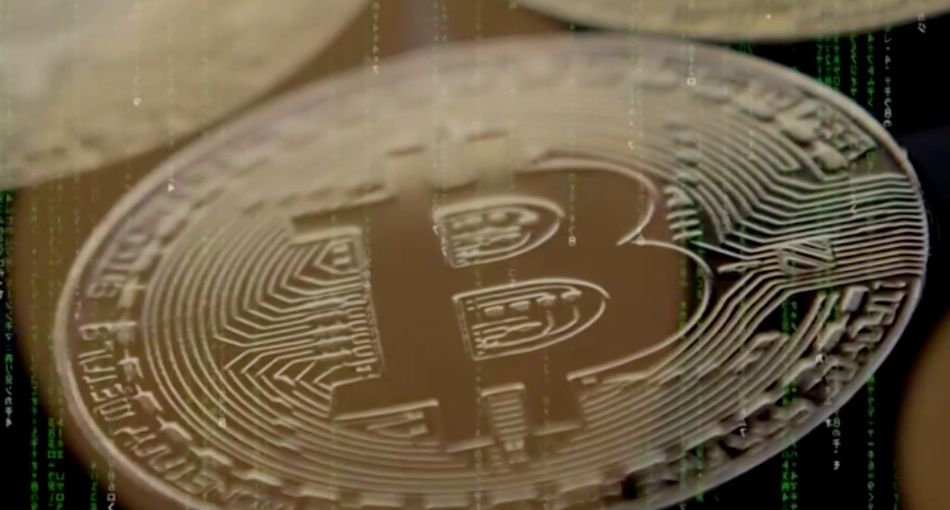HONOLULU — Hawaii's top bank regulator will introduce new legislation that would allow crypto exchanges in the islands.
Iris Ikeda, the commissioner of Financial Institutions at Hawaii Department of Commerce and Consumer Affairs, said she is currently writing and proposing legislation that would provide licenses for cryptocurrency companies to operate in Hawaii.
"We've studied what this is all about, and I've come to a realization that this is not money transmission, this is not live banking, this is sort of its own animal," said Ikeda to Spectrum News. "So I'm going to introduce legislation this upcoming legislature to license what we call special-purpose digital currency."
The legislature will reconvene in January.
The state's proposed legislation comes as more people and Hawaii residents invest in cryptocurrency, a form of digital coins or virtual money, as an asset class. At the same time, state, national and worldwide governments continue to grapple with whether they should legitimize it.
In September, El Salvador adopted Bitcoin as legal tender in the country. The Central American government has purchased more than 1,100 Bitcoins worth more than $72 million. Meanwhile, China banned all forms of cryptocurrency.
Some critics are concerned that legitimizing cryptocurrencies could spur criminal enterprises to use it to launder money or conduct other illegal activities.
Proponents, though, believe cryptocurrency is the future of currency and touts its decentralized nature and confidentiality.
Ikeda said she had been a proponent of cryptocurrency and has been talking to members of the state legislature since 2015. Legislatures, she said, didn't think much of it back then.
"It wasn't a priority," she said. "They didn't know much about it. And since no one was complaining about that in Hawaii, that it wasn't a big deal."
A couple of years later, a company applied for a money transmitter license to operate in the islands. But she couldn't grant them a permit because of Hawaii's money transmitter law.
Ikeda said the state requires digital currency exchange companies to have permissible investments or have enough cash on hand to match their customers' transaction levels.
"Back then, that was impossible for any of these types of companies to do," she said.
In 2017 and 2018, Ikeda introduced a pair of legislation to allow these types of companies to operate. But the legislature balked.
With the help of the Hawaii Technology Development Corp., the state's Hawaii Division of Financial Institutions in August 2020 launched a two-year pilot program to allow up to 15 crypto exchange companies to operate in Hawaii in exchange for their transaction data and other data points.
The state required these crypto exchanges such as Apex Crypto, bitFlyer and Gemini Exchange to provide data to the state every quarter to track the number of new customers, transaction levels, and crypto investments. Robinhood was initially part of the program but dropped out earlier this year.
Spectrum News reached to a few participating companies but did not hear back as of press time.
Ikeda said she was surprised by what she had learned so far during the program.
When these companies began to operate in the state, from August 2020 to October 2020, 4,600 new Hawaii customers signed up. In those three months, there were 114,000 crypto transactions with a total value of $7.2 million.
The number of new customers, new accounts opened, and transaction values climbed every quarter after that.
According to the latest data sets provided to the state, from April 2021 to June 30, 2021, more than 53,000 new Hawaii crypto consumers signed up. There were 27,000 new accounts opened and $324 million in transactions.
The types of crypto investments purchased by Hawaii residents varied. According to the data, resident investors bought 56 different types of cryptocurrency from Bitcoin, Doge, Cardano, Ripple to SushiSwap, and Sandbox.
Additionally, throughout the year, Ikeda and her team also hosted community roundtables, webinars, and other pilot projects to raise consumer awareness and gather community feedback about cryptocurrency. One pilot program allowed people to donate their cryptocurrency to the Hawaii Theater.
"It's been pretty successful," said Ikeda. "The companies and community have been very communicative."
Ikeda said Hawaii would benefit by allowing these companies to continue operating. Under the program, after the two-year pilot program ends, the companies must divest all of their holdings by the end of next year.
If these digital currency exchange companies continue to operate, Ikeda said they'll pay a licensing fee and taxes to the state. They'll also need to share their antimoney laundering program, cybersecurity policy, financial statements, and various audits before being granted a license.
The state also benefits when resident crypto investors cash out of their holdings, and they'll have to pay taxes to the state and federal government.
Ikeda said she's currently writing the legislation and received a lot of input from the program participants.
"We've been having a lot of meetings with them to discuss what they think this legislation should look like, what supervision should look like, what they see are some pitfalls for consumers and getting their take on things," she said. "We're studying this. It's important to get their feedback."
Ikeda said she doesn't know the likelihood her legislation will pass next year. Her other legislations in previous years failed. But so far, she has been receiving a lot more inquiries from legislature members about cryptocurrency.
"There are more than 53,000 consumers [in Hawaii], so that means there are investors in every district," she said. "I'm hopeful this year. The number of people that are participating and the companies participating are going to help us this year. We're excited."



